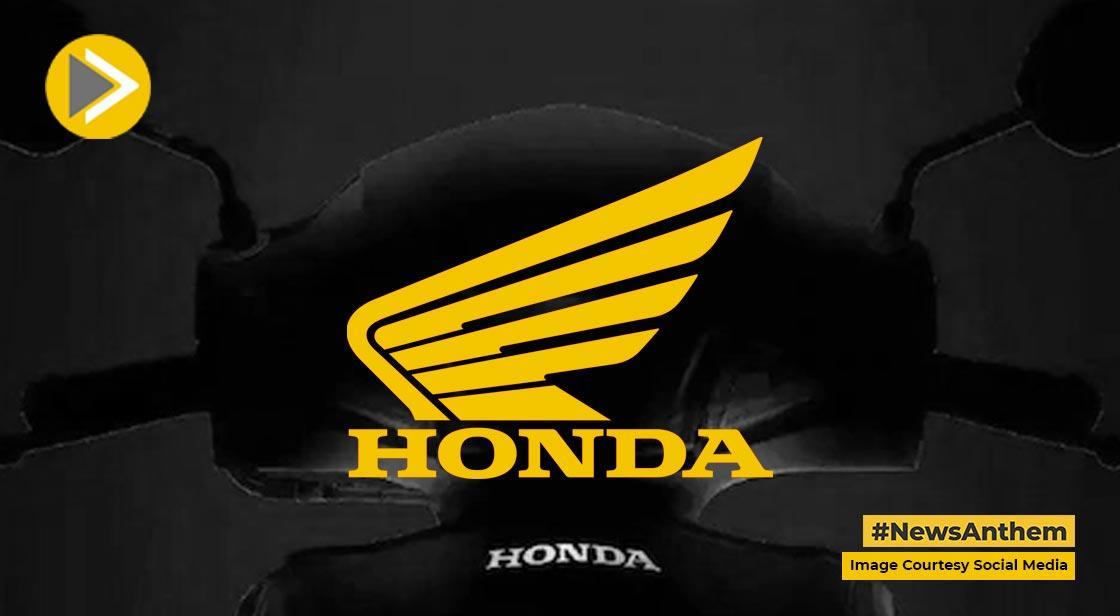Honda Now Offers E20-Compliant Cars in India – What It Means for Buyers

News Synopsis
Honda Cars India has announced a major update to its passenger vehicle portfolio, ensuring that all models now come with E20-compliant petrol engines. This move aligns with India’s upcoming emission norms, which will make E20 fuel the standard across the country.
With this update, Honda’s current lineup—including Elevate, City, and Amaze—has achieved E20 certification. Notably, Honda has been committed to E20 fuel for over a decade, with the company confirming that all its cars produced in India since 2009 have been compatible with 20% ethanol-blended petrol.
Honda's Commitment to Sustainable Fuel Adoption
Commenting on this achievement, Kunal Behl, Vice President, Marketing & Sales, Honda Cars India Ltd., stated:
“At Honda Cars India, we are committed to driving sustainable mobility solutions and all our cars have been E20 material compatible since Jan 2009, enabling our customers to seamlessly adopt the greener E20 fuel without any modifications. The latest compliance certification for all our current models ahead of the pan-India E20 fuel introduction aligns with the Government of India’s goal to implement greener fuels.”
India’s Push for E20 Fuel: What You Need to Know
For those unfamiliar with the transition, the Indian government has mandated that all new gasoline-fueled vehicles (including hybrid models) must be E20 compliant from April 1, 2025. This initiative is part of the country’s broader push to reduce its carbon footprint and lower its dependence on fossil fuels by promoting ethanol-blended petrol.
E20 fuel, which contains 20% ethanol mixed with petrol, is expected to improve energy security while reducing emissions. Honda’s early compliance ensures its vehicles remain future-ready and compatible with India’s evolving fuel landscape.
Honda Cars India: E20-Compliant Engine Specifications
Honda City & Elevate: Powertrain Details
Both the Honda City and Elevate share the same 1.5-litre i-VTEC naturally aspirated petrol engine, delivering:
-
119 bhp power
-
145 Nm peak torque
-
Transmission options: 6-speed manual or 7-step CVT automatic
Additionally, the Honda City e:HEV (hybrid model) comes with a 1.5-litre, four-cylinder Atkinson Cycle petrol engine, paired with two electric motors. This setup generates:
-
96 bhp (engine output)
-
109 Nm torque (engine only)
-
125 bhp & 253 Nm of combined peak torque (with motors)
-
Transmission: e-CVT automatic
Honda Amaze: Engine & Performance
The Honda Amaze features a 1.2-litre i-VTEC petrol engine, producing:
-
89 bhp power
-
110 Nm peak torque
-
Transmission options: 5-speed manual or 7-step CVT automatic
This upgrade ensures that all Honda vehicles meet India’s E20 fuel standards while maintaining performance efficiency and fuel economy.
How Honda’s E20 Compliance Benefits Car Buyers in India
1. Future-Proof Vehicles
With the 2025 E20 fuel deadline approaching, Honda’s customers won’t have to worry about fuel compatibility issues in the future.
2. Lower Emissions & Sustainability
E20 fuel burns cleaner than regular petrol, leading to reduced carbon emissions and improved air quality.
3. Potential Cost Savings
Ethanol-blended fuel can reduce fuel costs over time, depending on government policies and ethanol production in India.
4. Smooth Transition Without Engine Modifications
Unlike older vehicles, which may require modifications to run on E20 fuel, all Honda models (since 2009) are already compatible.
Conclusion: Honda Leads the Way in E20 Fuel Adoption
Honda’s early adoption of E20-compliant engines positions the company as a leader in India’s transition to ethanol-based fuels. With its entire lineup now certified for E20 petrol, Honda is not only complying with government norms but also providing its customers with smoother, sustainable, and future-ready vehicles.
As India moves towards a greener automotive future, Honda’s initiative ensures that car buyers won't need modifications to adapt to the upcoming E20 fuel mandate.









